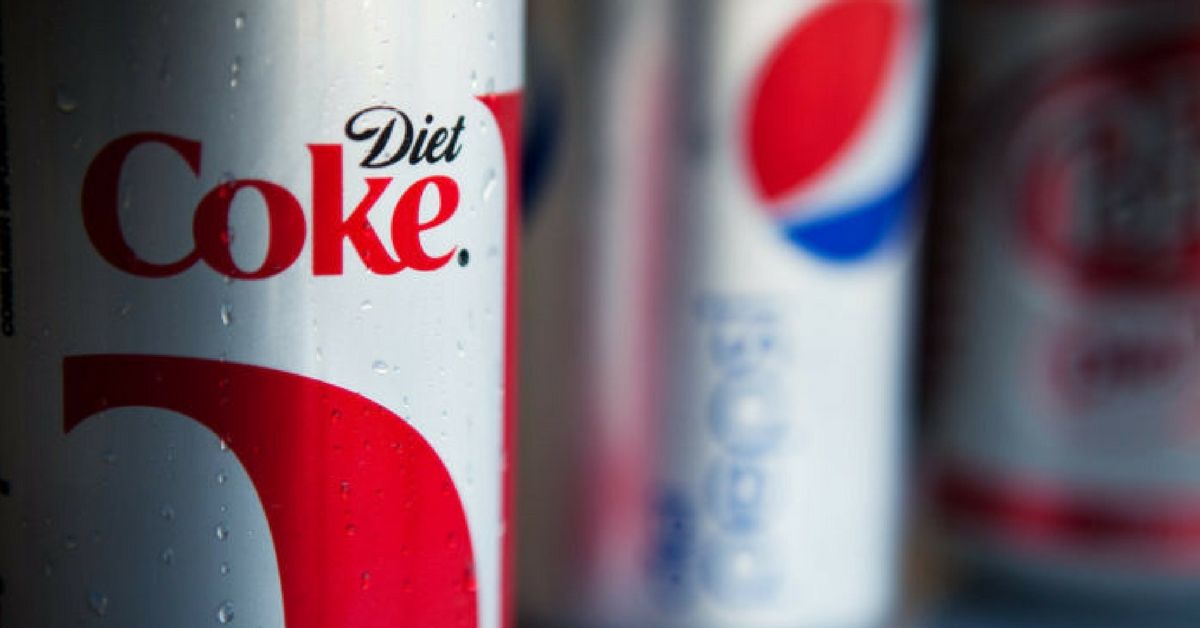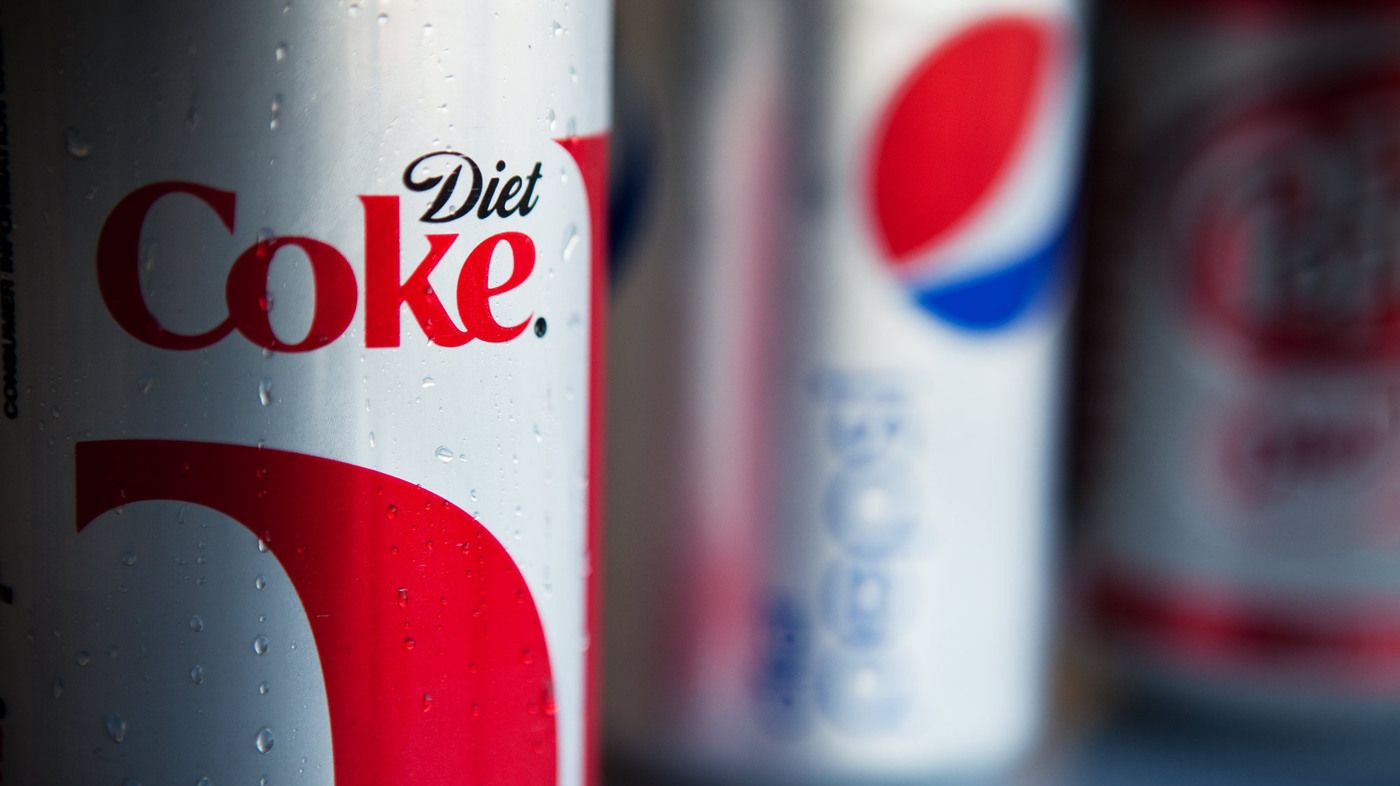While you may be watching how much refined sugar you put into your body, sweeteners may be doing more harm than good for you.
While President Donald Trump consumes a dozen Diet Cokes each day, according to the New York Times, choosing this "sugar-free" alternative may not be the smartest choice after all.

Experts have been raising concerns about how much sugar we are consuming on a daily basis. Obesity and health concerns can be traced back to consuming an excess amount of sugar, so it's no secret that people are trying to find an alternative.
Research has now suggested that artificial sweeteners used in diet drinks are also a cause for concern.
A study published in the American Heart Association's journal Stroke finds that the artificial sweeteners used in diet drinks have been linked to a greater risk of stroke and dementia.
The study involved 2,888 adults over 45 and 1,484 adults older than 60. They were asked questions about their eating and drinking habits over a seven-year period and were followed over the next 10 years. The study recorded if the participants suffered from a stroke or developed dementia.
Researchers learned that those who drank at least one artificially sweetened drink per day, were three times more likely to have a stroke or develop dementia compared to those who drank less than one each week.
"We recommend that people drink water on a regular basis instead of sugary or artificially sweetened beverages," said lead researcher Matthew Pase of the Boston University School of Medicine.
Responding to the study, the American Beverage Association defended the product in a statement.
"The FDA, World Health Organization, European Food Safety Authority and others have extensively reviewed low-calorie sweeteners and have all reached the same conclusion "” they are safe for consumption," the statement said. "While we respect the mission of these organizations to help prevent conditions like stroke and dementia, the authors of this study acknowledge that their conclusions do not "” and cannot "” prove cause and effect."
This isn't the first study on diet soda to be done. In 2015, a study of adults over 65 found that those who drank the beverage daily gained more weight than those who never had any. Other previous studies have found that diet soda could disrupt gut bacteria, which would lead to a glucose intolerance in some people, raising their risk for type 2 diabetes.
Does this change your thoughts on diet soda?
Source: AARP




